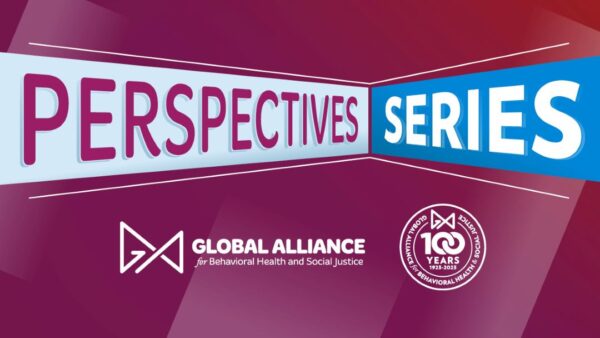World Humanitarian Day

For almost 15 years, I was a humanitarian worker. I spent years working as a nurse in conflict zones, post-conflict zones, and places deemed unstable due to some sort of crisis—be it natural or human-made. Over the years I worked with thousands of humanitarian workers from all over the world. I worked with international staff who left their home countries seeking to alleviate the suffering of others in places some had very little knowledge of before arriving. I have worked with even more national staff who often were struggling with the same challenges the beneficiaries we served faced, including violations of their human rights, displacement, lack of access to care, and inadequate food, clean water, or safe shelter. Many national staff had left their families behind in more stable parts of their country to work on the front lines of the crises that some of their fellow citizens were facing to alleviate their suffering and enhance their well-being. Universally, my colleagues were courageously dedicated to improving the lives of others and the situation in our world. We worked on the front lines in order to promote human rights and enhance well-being.
World Humanitarian Day is August 19. It was created in 2009 to recognize the humanitarian workers who risk their lives to enhance the well-being and dignity of people affected by crises. It honors the tragic day in 2003 when a bomb attack on a hotel in Baghdad killed 22 humanitarian aid workers, including Sergio Vieira de Mello, the UN Special Representative of the Secretary-General for Iraq. The day highlights advocacy for those impacted by crises and for the safety and security of aid workers.
This year’s theme is #ActforHumanity which focuses on the increase in attacks against humanitarian workers and civilians. The advocacy campaign calls for the enforcement of International Humanitarian Law to end impunity for these violations. The calls to protect civilians and aid workers echo the Global Alliance’s strong advocacy to promote human rights and enhance the well-being of all.
Nearly every day, we hear about humanitarian workers and civilians impacted by violence. Gaza. Ukraine. Sudan. Democratic Republic of Congo. Afghanistan. Haiti. I could continue. In 2023, according to the Aid Worker Security Database, there were 277 major attacks resulting in the death, injury, or kidnapping of humanitarian aid workers. And in 2024, 142 as of the end of July. I assume that these numbers are lower than actual events with many going unreported. For example, the incident from 2018 in which I was kidnapped with six of my humanitarian worker colleagues is not in the database. We kept the situation quiet which we believed was the best approach so that we could eventually return to the zone where the incident occurred and resume our vital work in the health sector.
The interruption of the work is the most devastating impact of violence against humanitarian workers. We are in these places because there is great need. These are places where healthcare infrastructure is crumbling. Where food insecurity is rampant. Where clean water or adequate shelter is hard to secure. Where human rights violations go unwitnessed. And yet, despite very clear laws that require combatants to protect humanitarian workers, they continue to be either targeted or collateral damage during conflict. After we were released, our team evacuated the region, and the international staff left the country. Our project was put on hold. Yet the needs of the population in that region were not put on hold. Rather, they increased as the conflict escalated. Our being kidnapped ended up violating the human rights of the people we had endeavored to assist. While the attack on humanitarian workers is a violation of international law, the immediate and long-term impact on the communities we attempt to serve is an attack on humanity itself. As Lorraine Schneider proclaimed in her 1966 poster, war is not healthy for children and other living things. The continued targeting of humanitarian workers increases the devastation of war for all living things. On this World Humanitarian Day, we should take a few moments to thank the humanitarian workers and consider the ways that we can advocate and act to eliminate conflict and reduce the need for their courage.
